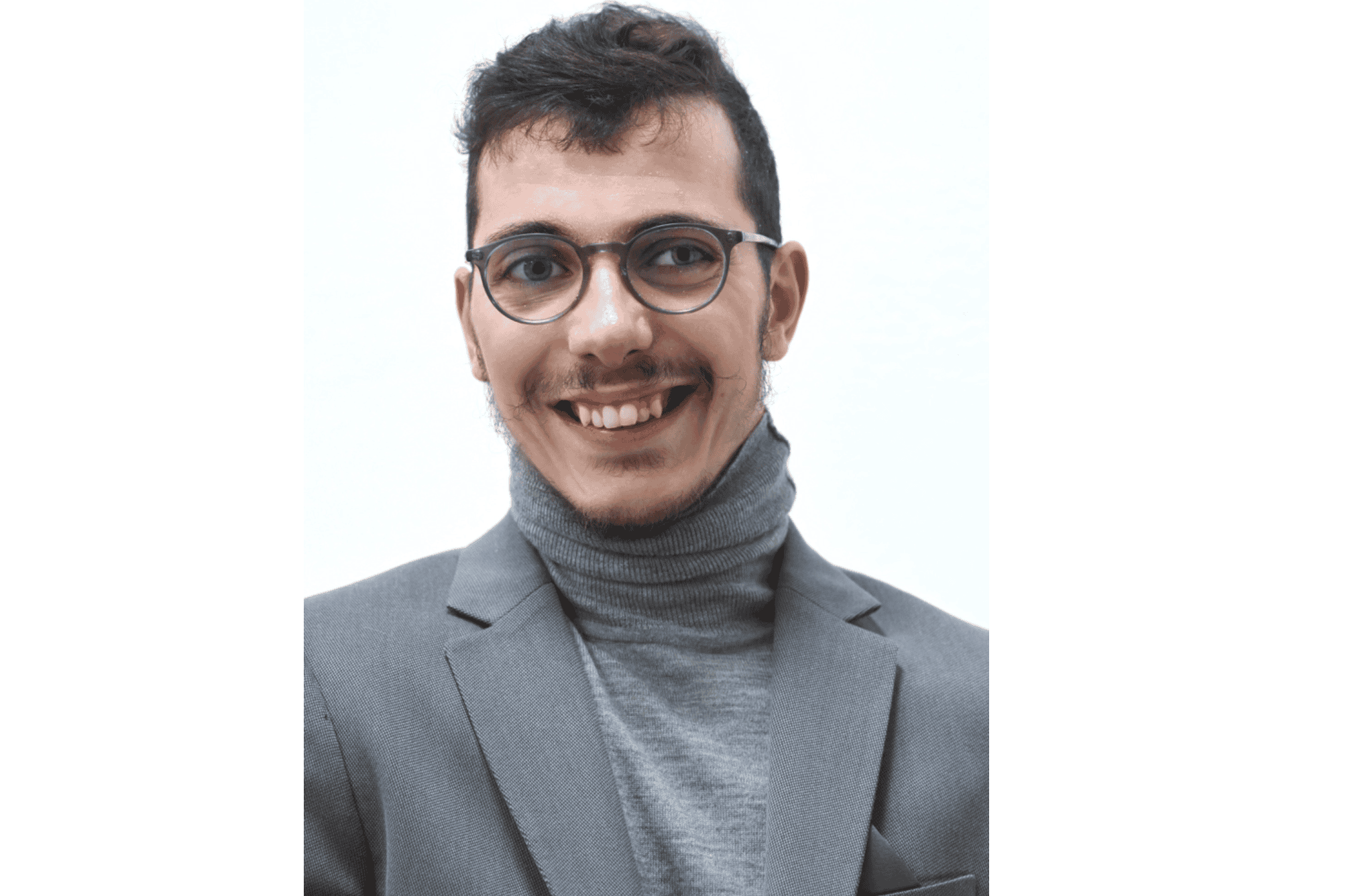As part of World Autism Awareness Day, meeting with Thomas, a 26-year-old autistic man.

- Thomas was diagnosed with “good level atypical autism” as a teenager, around 13 years old.
- High school was a particularly difficult time for him, with “very violent insults from other young people” and a lack of understanding from teachers.
- Education, jobs, health professionals… He denounces a “great lack of knowledge” and training around autism in France.
“JI was diagnosed with autism around the age of 12 or 13, but at the time I didn’t really worry about it”, tells us Thomas who is now 26 years old. A diagnosis that may seem late, but which is not according to him. He explains to us that many people with autism do not see their diagnosis arrive until adulthood when others get it during their youth.
ASD: “there are as many forms of autism as there are people”
“IYou should know that there are as many forms of autism as there are individuals. Myself, I was classified as atypical autistic of good level”, details Thomas. Some autistic people have, for example, a hypersensitivity to light and sound, or even difficulties in supporting crowded places with large crowds such as in transport. For him, it is the noises coming from pyrotechnic shows that are particularly unpleasant. “I remember a show at Puy du Fou that I really didn’t like…”, he recalls.
If from kindergarten to college, the young boy’s daily life happened “pretty good”, his entry into high school marked a turning point. “In college, I was lucky enough to come across caring people with a fairly tolerant director, and I had a good AVS (Accompanying students with disabilities, editor’s note). High school was more complicated, I did four in three years. I wanted to pass a CAP multi-purpose catering agent but I couldn’t pass it because there were too many problems… It sometimes went very badly with very violent insults from other young people. There is also a lack of training and awareness of teachers who did not understand me. For example, in the second high school I went to, they asked me to go faster when I couldn’t!”, laments Thomas. “I even joined a ULIS class (Localized unit for inclusive education, editor’s note). It was my mother who imposed this on me when I was against it, but she had no other solutions. I often skipped classes because I did not feel comfortable in the establishment where there was this ULIS class.”
“When you are autistic, studying or finding a job is complicated”
During his life, Thomas has also twice joined SAMSAH type structures which are establishments offering “medico-social support services for disabled adults”. Each accompaniment is defined according to the individual and his needs, but nevertheless, he does not find his account there. “I first went there when I was 15 or 16, but I didn’t feel comfortable there.“Thomas integrates the second as an adult, but the conclusion is the same. “Today, I still live with my parents. I have the disabled adult allowance so I don’t work, but I have tried volunteering several times.”
Thomas’ experiences in associations are sometimes complicated, especially when his interlocutors learn that he is autistic. “In general, I never feel understood. Sometimes, when I say that I have autism when applying for a job, I am directly answered “I think it will be difficult for you”. I imagine that the people who manage the associations are often afraid because they don’t really know what autism is… Once, I was a volunteer without talking about autism, but when the other volunteers knew, they began to change their attitude towards me. Another time, for example, the association wanted to give me a referent person to accompany me, but this volunteer in question did not even try to understand me, she imposed things on me without taking my needs into account.”
Thomas also denounces a great lack of knowledge around autism in France. “In fact, when you have autism, going to school or finding a job is complicated… and there aren’t many who manage to find a job. The support for autistic adults is non-existent or even insufficient because what is offered is not in line with the requests of the people concerned.”
Autism: surround yourself with a good team of health professionals
Evoking the future, Thomas talks to us about the hydrotherapy world, even if, for the moment, all that is professional training is not his objective. “What I really like in the world of hydrotherapy is that people are generally tolerant, they know how to take the time and don’t necessarily judge.”
Today, Thomas has managed to build a solid support team, with a psychiatrist whom he sees once a month and a psychologist whom he meets every two weeks.
“I also have a good friend who I can talk to because she understands me and encourages me when many people don’t really. I also participate in online discussion groups with other autistic people because we generally feel excluded in our society where many things are not autistic friendly.”











-1740653386.jpg)

-1739366311.jpg)




